Alzheimer's Disease, a progressive, irreversible disease of the brain that gradually destroys mental function. It is the most common form of dementia in older adults. Memory care communities provide an ideal living environment for people who are living with dementia and are at risk for wandering off, going into someone else’s room or getting lost.
There is no one single definition of dementia, as the condition can manifest differently from person to person. In general, however, dementia is a decline in cognitive function that interferes with a person’s ability to perform everyday activities. This can include memory loss, difficulties with communication and understanding, changes in mood and behavior, and impaired motor skills.
Dementia is not a specific disease, but rather an umbrella term that describes a group of symptoms associated with a decline in cognitive function. Dementia is often used to describe the more severe cases of cognitive decline, where a person’s abilities are severely impacted and they require assistance with daily activities.
While there is no one definitive cause of dementia, it is most commonly seen in older adults as a result of aging or disease. Alzheimer’s disease is the most common type of dementia, accounting for 60-80% of all cases. Other causes of dementia include Lewy body disease, frontotemporal lobe dementia, and vascular dementia.

Memory Care Communities: Benefits
Memory care communities offer a number of benefits for dementia patients. Perhaps most importantly, they provide a safe and secure environment where patients can receive the care and assistance they need. Memory care communities also promote socialization and activities that can help keep patients’ minds active and engaged.
In addition, memory care communities typically have staff who are specially trained to deal with dementia patients. This means that residents can receive the best possible care and treatment. And, because these communities are designed specifically for memory care, they often have amenities and features that make life easier for patients and their families.
How to Find the Best Memory Care Community for You
Assuming you are looking for a memory care community for yourself or a loved one with dementia, there are a few key things to look for to ensure you find the best possible fit.
First, it is important to make sure the community is licensed and accredited. This ensures that the staff is properly trained to deal with dementia patients and that the facilities meet certain standards.
Next, you will want to tour the community and get a feel for the atmosphere. It is important that the community feels like a good fit for your loved one - somewhere they will be happy and comfortable.
Finally, you will want to speak with current residents or their families to get an idea of what their experience has been like. This can give you some insight into what day-to-day life is like at the community and whether or not it would be a good fit for your needs.
Questions to Ask Potential Memory Care Communities
- What is the staff-to-resident ratio?
- What are the qualifications of the care staff?
- How are changes in a resident's condition handled?
- What kind of activities are available for residents?
- How does the community deal with aggressive behaviors from residents?
- What is the policy on visitors?
- How does the community handle bed sores or other medical issues?
- Is there a nurse on staff 24 hours a day?
- What is the policy on medication administration?
- Can families tour the facility before making a decision?
How Much Does a Memory Care Community Cost?
The cost of a memory care community can vary depending on the location, size, and amenities of the community. However, the average cost of a memory care community is around $3,500 per month. This cost includes the price of rent, utilities, and activities.


